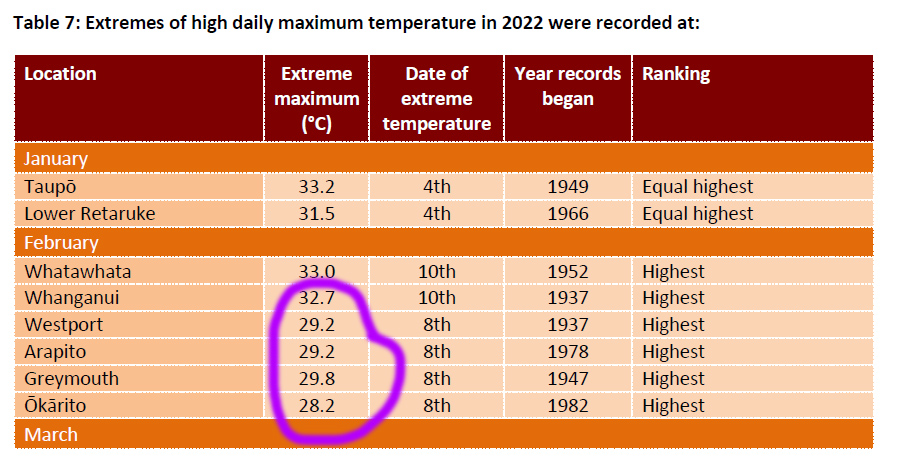 DON’T CALL US…
DON’T CALL US…
…or we’ll call ADMA. Everything you need
to do to parry the assault of the telemarketers
Quiz time: You’ve just arrived home after a busy day and are starting to prepare dinner. You’ve met the challenges of reading the mail, making sure the food doesn’t burn, winding down from work, making sure that others in the house are organised, and changing into something more comfortable. Your about to finally relax when the phone rings. Who is it?
You rang?!
When you answer the phone you are greeted by a detached, shall we say scripted, voice that asks, ‘May I speak to so-and-so?’, or sometimes simply. ‘the householder’.
Now so far you don’t know who this person is or what they want, but before you know it they have become quite persistent. Intrigued, you play along, and once your name is established, the voice on the other end of the line is using it in as if they are a long lost friend or relative. In fact, it seems that every second word is now your first name. You are now caught up in a web of what are known as ‘presumptive close’ questions. Things like, ‘You would like to spend more time with you family… wouldn’t you?’; ‘Would you like to be debt free?’; ‘We all want to earn more money, you agree with that don’t you?’.
Meanwhile, back at the ranch: your dinner is burning, the water has dried up in the pot, the hot food is getting cold, the cold food is getting hot, your partner is feeling dejected and unloved and you are not sure who’s more feral – the kids or the dog. Your attempts to politely get out of the conversation are met by more open-ended questions. Finally you announce, ‘I’m not interested!’, but this has no effect either… except to bring on more open ended questions.
Almost everyone has been rung by a telemarketing call centre of some sort. Whether it is to sell them banking products, investments schemes, mobile phone accounts, time shares, wine club memberships, or anything else, it is a very common form of direct marketing. Despite the jokes, annoyances, and threats of legislation that surround the practice, outbound telemarketing is an industry that is still growing – especially with the advent of cheap call centres in places like India. Think about this for a minute: an organisation is attempting to establish or build a positive relationship with you, yet they not only intrude uninvited into your private life but they are also sending vast sums of money out of the country for the privilege.
What rights do I have?
You might well ask: ‘Can I prevent any of this?’. The answer is, of course you can.
The Australian Direct Marketing Association (ADMA) has developed a Code of Practice in consultation with the Ministerial Council of Consumer Affairs (MCCA), the Australian Competition and Consumer Commission (ACCC), and consumer and business groups.
This Code of Practice focuses on five key principles that underlie any direct marketing activity including of course, call centres. All members of ADMA agree and must adhere to these principles. What are they?
The first is Privacy Protection. An integral part of the Code is the National Privacy Principles (NPPs). The NPPs give consumers some control over their personal information by limiting the amount of information that companies can collect about individuals. In addition, marketers are required to tell consumers who is collecting the information, how the company can be contacted, and the intended use of the personal information – including whether it will be disclosed to third parties. Consumers must be given the opportunity opt-out of future direct marketing approaches and block transfer of their contact details to any other marketer.
There is also a compulsory Do Not Mail/Do Not Call service. Under the Code, use of the ADMA Do Not Mail and Do Not Call Consumer Preference Services are mandatory for all ADMA members. This requires members to purge from marketing campaigns the names and contact details of consumers who have registered with the service. This ensures that individuals that have indicated they do not wish to be approached are not contacted.
There has to be a mandatory ‘cooling off’ period. When supplying goods or services at a distance, ADMA members must provide a seven-day ‘cooling off’ period during which a customer is entitled to cancel the contract with the direct marketer. In addition, ADMA members must ensure the customer’s right to cancel the contract is specified in any contractual documents.
Additionally, there is an agreement that compliance requirement extension to suppliers and non-members. Members are responsible for the conduct of their agents, subcontractors, and suppliers. This broadens the scope of the Code beyond the membership of ADMA, thus raising standards throughout the direct marketing industry.
And you might find it hard to believe but there are Telemarketing Standards of Practice. Direct marketers who use the telephone must ensure they identify themselves to the person they are calling and state the purpose of the call, among other things.
 What happens if they break the code?
What happens if they break the code?
If there is a breach of the Code of Practice by an ADMA member, it is authorised by the ACCC to impose a variety of sanctions. These include requiring a formal apology for the breach, requiring corrective advertising or the withdrawal of offending advertisements or statements, and ecommending a refund or replacement of goods or services where appropriate.
What if they are not a member of ADMA?
The privacy of every Australian is protected by the Privacy Act (1988). This is administered and adjudicated by the Federal Privacy Commissioner. Interestingly, the Privacy Commission released a report in May, 2005, which analysed and made recommendations on the way that the private sector conducted itself when it came to the privacy of you and me. The Privacy Commissioner, Karen Curtis, explains: ‘The Report contains 85 recommendations stemming from a balanced and pragmatic examination of the Privacy Act, within the terms of reference set by the Attorney General. The recommendations in the report relate to improving the operation of the private sector provisions and are written as actions the Australian Government should consider doing, or as measures the Office could undertake.’ All well and good but what about normal individuals having control over our own privacy?
‘Consumer control over personal information, a key feature of the private sector amendments to the Privacy Act, was addressed in the Review. I have recommended that the control that individuals have over their personal information be strengthened, particularly in relation to information collected about them indirectly or used or disclosed for other purposes such as direct marketing. Simple steps that could be taken to make this happen include measures to promote clearer and more easily understood privacy notices and a general opt-out right for all direct marketing approaches.’
What can I do to stop this?
Clearly, in the case of outbound call centres you can let off some steam when they ring you but abuse might make you feel better but it is only a short term fix and you could possibly be charged under the Telecommunications Act. You could do what one of my friends does and simply says: ‘I’ll get the head of the home now’, and promptly leaves the phone off the hook for an hour, but this is also short-term fix that forces him to change his habits. Ultimately you can complain to the Privacy Commissioner or the ACCC. There are also possible breaches of the Trade Practice Act especially section 60 – Harassment and Coercion, which could result in separate civil action. However, I would like to suggest that before you make a formal complaint you should attempt to resolve the matter with the organisation in question. What should you do?
1. Write a letter or email to the organisation, explain the situation and what you would like to see happen.
2. Give the organisation an opportunity to rectify the situation, 30 days is a reasonable time frame in which they should respond to your initial enquiry.
3. If you are not satisfied with the outcome then you can complain to the Privacy Commissioner by phoning the Hotline on 1300 363 992, or write to GPO Box 5218 SYDNEY NSW 2001. You should ALSO complain to the ACCC, especially if you feel the marketing material may be, or is connected to a scam or other breach of the consumer protection laws, by calling ACCC’s Infocentre on 1300 302 502. Note that 1300 calls cost the price of a local call.
Where to now?
And what about the future, or even the present with the new technology that is available to call centres and other direct marketing activities? Karen Curtis outlines that: ‘…privacy and new technologies warrant further debate. The main recommendation on these issues is that they should be considered in the context of a wider review of the Privacy Act. During the review, it became apparent that while the private sector provisions work well, it may be appropriate for the Government to undertake a wider review of privacy for Australians in the 21st century.’
So if you are sick of the antics of call centres, then take control of your life. Don’t be apathetic do something! Let the relevant organisations know and demand your rights. Simply whingeing will only result in less leisure time, more frustration, less control of your life, and more cold dinners. See you around the traps.







